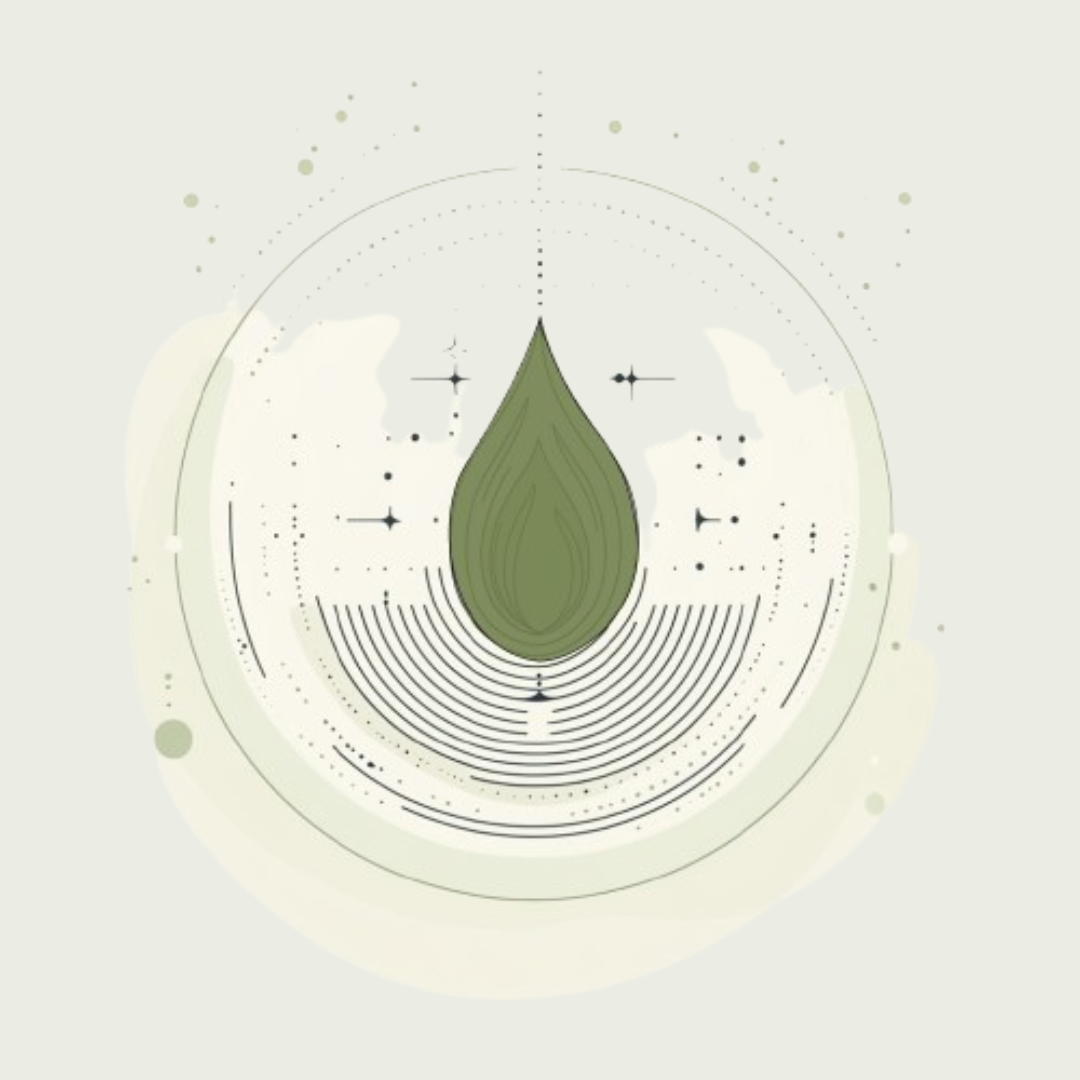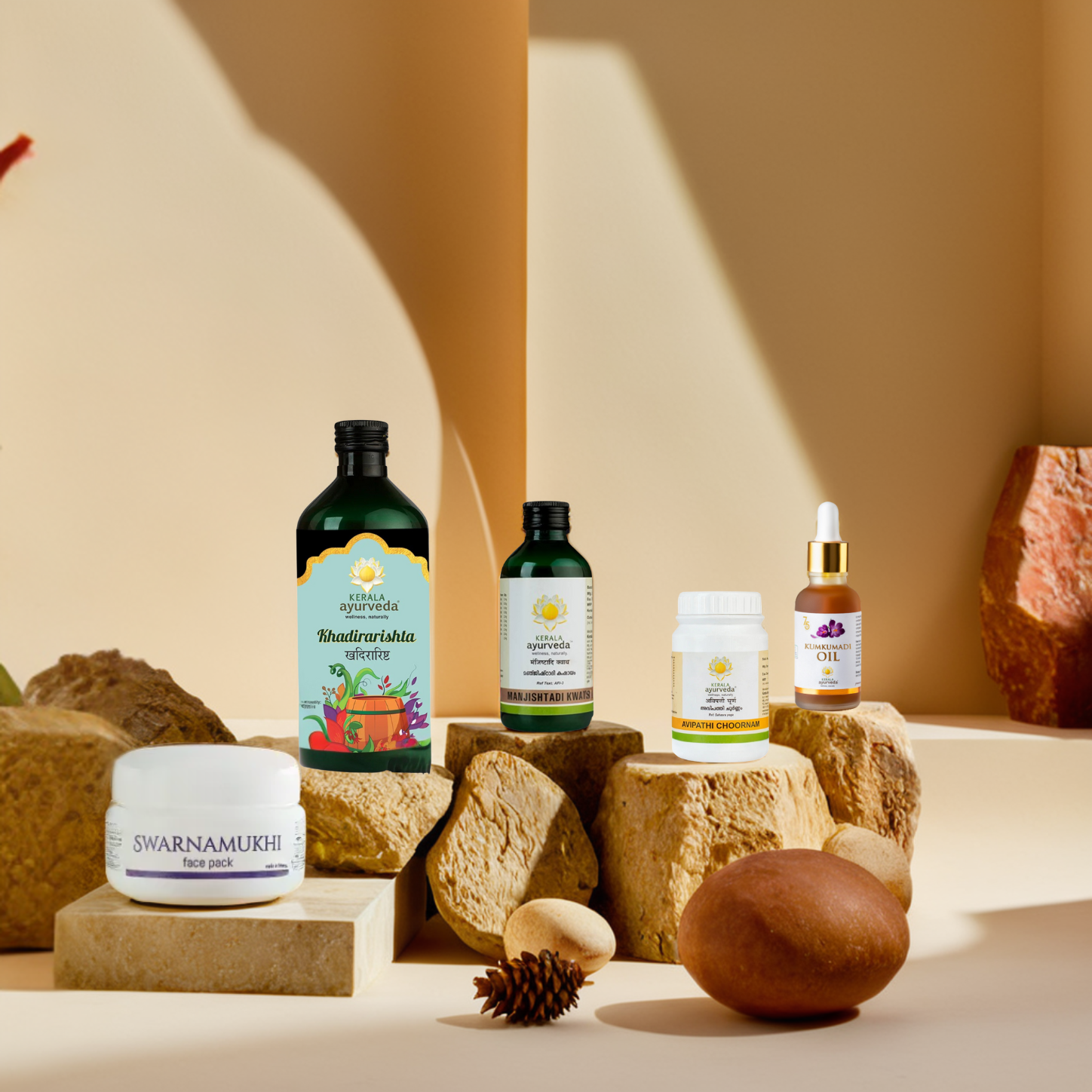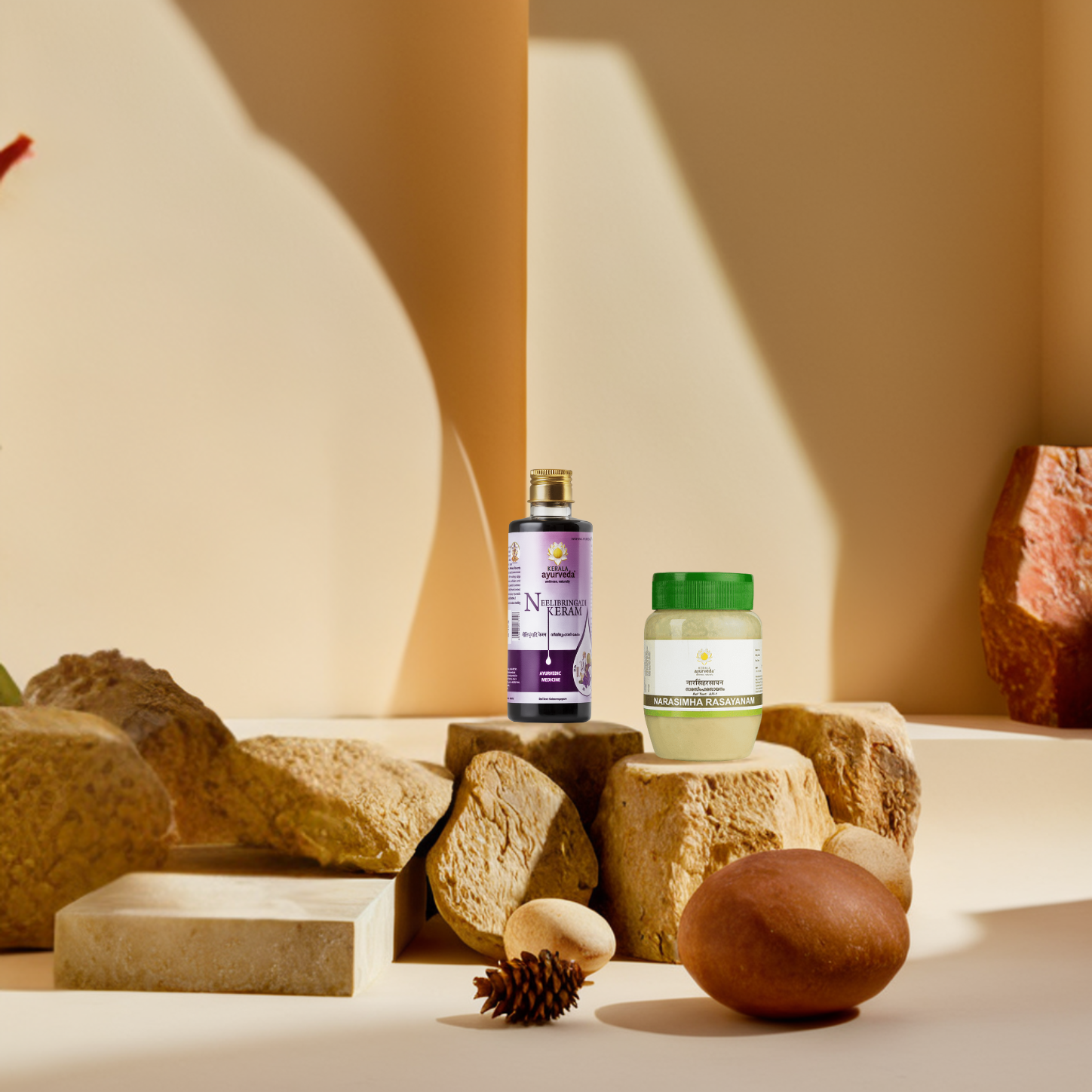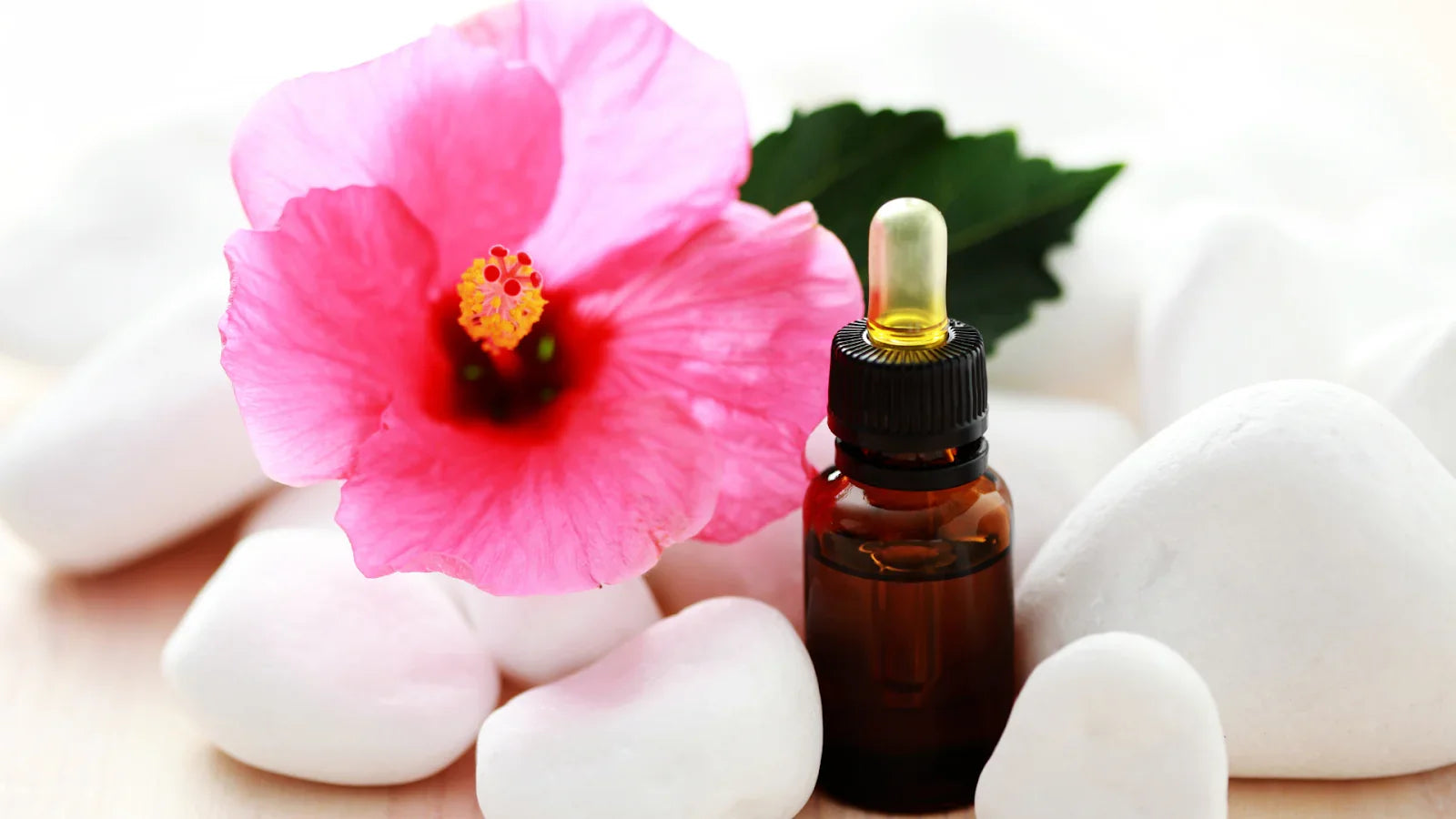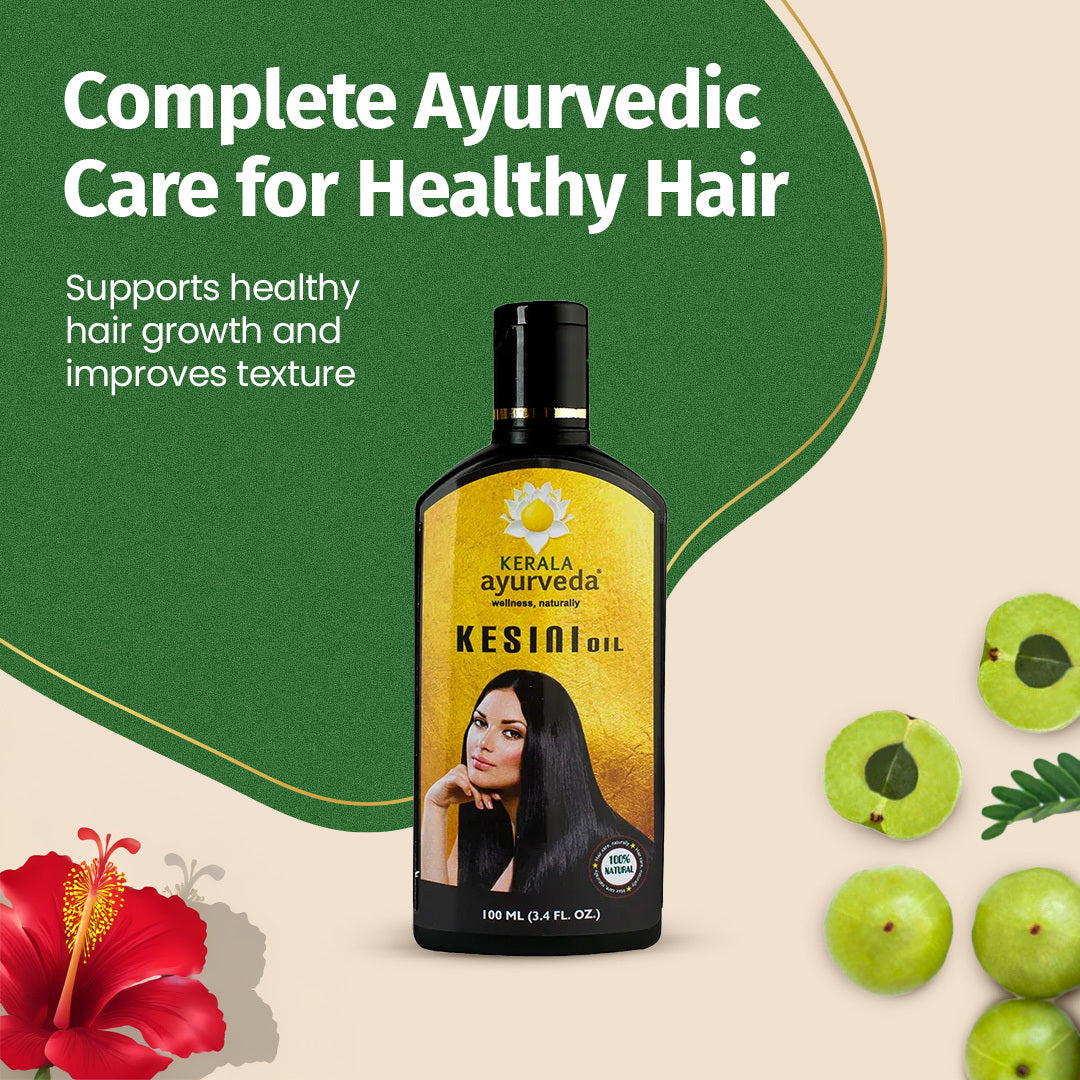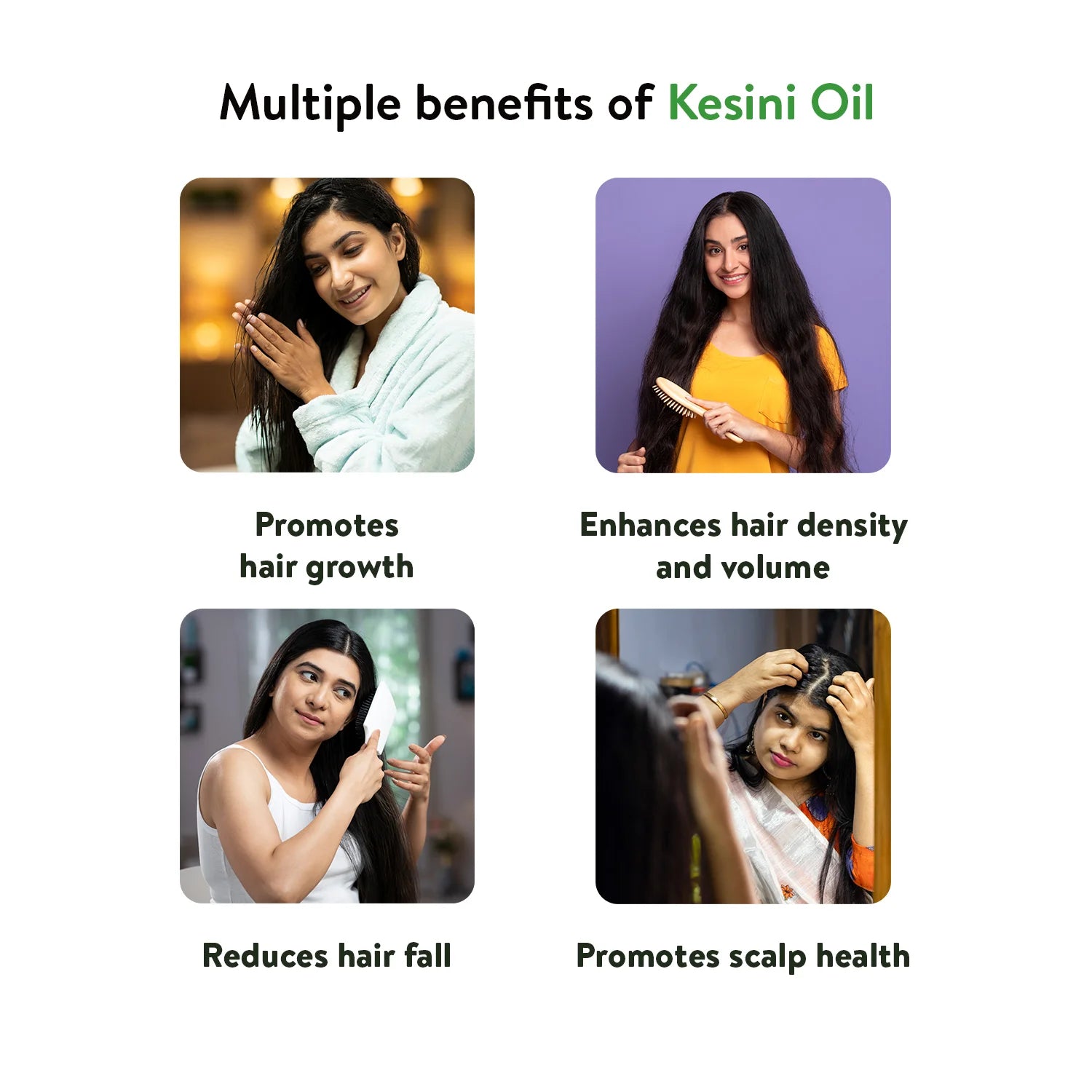Highlights
Noticed hibiscus hair oils all over your feed lately? It’s not just a trend. This vibrant red flower is taking the natural hair care world by storm. While influencers are now talking about how it boosts shine, Ayurveda has been using hibiscus for centuries to help with hair problems like thinning, dandruff, and dry scalp.
It’s loaded with antioxidants and cooling properties that calm the scalp, clear clogged hair follicles, and promote stronger, healthier hair growth right from the root. In this blog, we’ll explore how Ayurveda uses hibiscus to enhance hair health and share practical tips on how to incorporate it into your routine for the best results.
Why Hibiscus Is the Secret to Healthier, Stronger Hair?
Hibiscus for hair is a powerhouse when it comes to promoting healthy hair and scalp. Here’s why you should consider hibiscus in your hair care routine.
- Stimulates Hair Growth: Hibiscus for hair is rich in flavonoids and amino acids, which boost scalp circulation, stimulate hair follicles, and promote keratin production for shiny, healthy hair. It's a great remedy for hair fall and thinning.
- Protects Hair from Sun Damage: Prolonged sun exposure can damage your hair and scalp, causing hair thinning and premature greying. Due to the flavanoid content, hibiscus naturally protects against UV rays, shielding your scalp and hair from sun damage.
- Prevents Premature Graying: The antioxidants in hibiscus protect your hair from harsh sun rays, helping to prevent premature greying. Regular use of hibiscus oil keeps your natural color intact and maintains healthy, voluminous hair.
- Fights Dandruff: In Ayurveda, dandruff is caused by imbalances in the Vata (governs circulation) and Kapha (governs moisture, structure and stability), leading to yeast buildup. Hibiscus oil or a hibiscus-based mask can cleanse the scalp, eliminate dandruff, and promote hair growth.
- Deep Condition Your Hair: Hibiscus for hair is an excellent natural alternative to chemical treatments for deep conditioning. It helps lock in moisture and improve your hair’s elasticity, keeping it smooth and preventing breakage or split ends.
- Regulates Sebum Production: Hibiscus for hair balances sebum production, reducing excess oil on oily scalps and providing moisture to dry scalps. This balance results in smoother, healthier hair and supports growth.
- Prevents Scalp Infections: Scalp infections can lead to hair loss, thinning, and other hair issues. Hibiscus for hair can help prevent scalp infections, keeping your scalp clean and promoting healthy hair growth.
Hibiscus is a powerful solution for healthier, stronger hair, tackling issues like thinning, dandruff, and premature graying. It stimulates growth, protects from sun damage, and nourishes the scalp, making it a must-have in your hair care routine.
Simple Ways to Use Hibiscus for Hair Benefits
It’s super-easy to add Hibiscus to your hair care routine, and its natural compounds can take care of your overall scalp and hair health.
1 .Hibiscus Paste for Hair Growth
To create a paste, crush a few hibiscus leaves and petals. Mix the paste with coconut oil and heat it in a saucepan for a few minutes. Let it cool down before applying it to your scalp and hair. For best results, use this mixture 3–4 times a week.
2. Hibiscus Shampoo for Deep Cleansing and Conditioning
Boil a handful of hibiscus petals and twice as many hibiscus leaves in 100 ml of water until most of the water evaporates. Add gram flour to the mixture to create a shampoo-like consistency. Use this natural shampoo on alternate days to cleanse and condition your hair.
3. Hibiscus and Amla Hair Mask for Volume and Strength
Blend a handful of hibiscus petals and leaves to create a smooth paste. Add two tablespoons of amla powder and dilute with water to achieve an oil-like consistency. Apply this mixture to your scalp and hair. Leave it on for 45 minutes, then wash it off with a herbal cleanser.
Kesini Oil: A Quick Solution for Healthy Hair
If you're short on time but want to see the benefits of hibiscus for hair, Kesini Oil is a perfect alternative. This Ayurvedic oil combines hibiscus with amla, Coconut oil, and other natural herbs to support healthy hair.
- Stimulates Hair Growth: The blend of herbs helps boost circulation and promotes hair growth.
- Prevents Dandruff: Regular use helps combat dandruff, keeping your scalp clean and healthy.
- Improves Hair Health: Enhances the overall health, shine, and volume of your hair.
You can easily order Kesini Oil from Kerala Ayurveda’s online store and have it delivered to your doorstep.
While hibiscus is generally safe for most people, those who are allergic to the Malvaceae plant family or Mallows may experience skin irritation. Always perform a patch test before using any hibiscus-based product.
Unlock the Full Potential of Hibiscus for Hair
Hibiscus is a natural powerhouse when it comes to improving your hair's health. Whether you’re dealing with hair fall or dandruff, hibiscus can provide a simple, effective solution. Here’s a quick recap of its benefits and how to use it:
- Hibiscus for Hair: The hibiscus flower is an effective natural remedy for various hair problems like hair fall, dandruff, and premature graying.
- Benefits: Hibiscus for hair promotes hair growth, prevents sun damage, deep conditions hair, and regulates sebum production.
- How to Use: You can use hibiscus in the form of a paste, shampoo, or hair mask, or opt for Kesini oil for quick results.
By incorporating hibiscus for hair into your hair care routine, you can enjoy healthier, thicker, and shinier hair naturally.
Looking for an easy way to boost your hair health? Kesini Oil, packed with hibiscus and other natural herbs, helps promote growth, fight dandruff, and nourish your scalp. Grab yours today from Kerala Ayurveda’s online store at just ₹350 and start seeing the difference in your hair!
FAQ’s
1. Can hibiscus help with hair growth?
Yes, hibiscus is rich in vitamins and amino acids that nourish the scalp and stimulate hair follicles, promoting healthy hair growth. Regular use can lead to stronger, thicker hair.
2. How does hibiscus prevent dandruff?
Hibiscus possesses anti-inflammatory and antimicrobial properties that help soothe the scalp and reduce dandruff. It maintains the scalp's pH balance, preventing the conditions that lead to dandruff formation.
3. Can hibiscus delay premature graying of hair?
Yes, the antioxidants and vitamins in hibiscus support melanin production, the pigment responsible for hair color. Regular application can help delay the onset of premature graying.
4. Are there any side effects of using hibiscus on hair?
Hibiscus is generally safe for most people. However, it's advisable to perform a patch test before full application to ensure there's no allergic reaction. If you have a known allergy to plants in the Malvaceae family, consult with a dermatologist before use.


